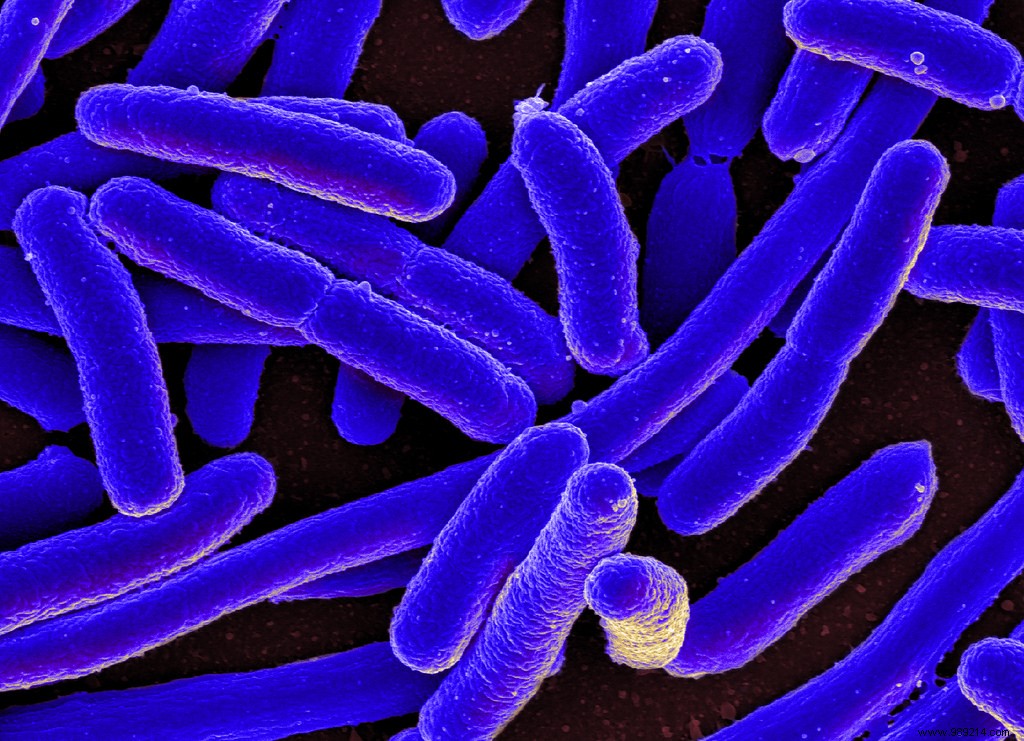While the origins of Crohn's disease are still unknown, researchers have recently claimed to be following a serious lead. According to them, the invasion of a particular coli bacteria could be the source of the problem.
Let's first remember that Crohn's disease is a form of chronic inflammatory disease of the intestine. It affects approximately 200,000 people, with a particularly high prevalence in the Western world. Its origin is still little known. However, scientists agree that the appearance of the first symptoms is a result of genetic and environmental factors . In addition, inflammation of the digestive tract is linked to an overactive immune system.
What if Crohn's disease was actually caused by bacteria? A team of American and Canadian researchers detail this hypothesis in a study published in the journal Nature Communications on April 1, 2021. According to the scientists, the inflammatory context of Crohn's disease favors the invasion of an colibacillus present in 70-80% of patients.
To understand the work of the researchers, we must first differentiate the E. commensal coli of E. coli Adherent Invasive (ECAI). The first is part of the common bacteria of a healthy intestinal microbiota while the second is potentially pathogenic . However, the researchers say they have identified several metabolic genes at the heart of overexpression during inflammation. Not only do these genes allow the ECAI to survive, they also promote its multiplication.

Among the genes in question is the one coding for the type IV secretion system (T4SS). The study scientists used a mouse model that replicated Crohn's disease. In vivo, bacteria lacking T4SS cannot colonize the intestine. On the other hand, the presence of this same system allows the ECAI to adhere to the intestinal mucosa. Above all, these coli bacteria then form a biofilm protecting them from antibiotics . By the way, let's mention the fact that the T4SS is made up of several proteins forming a complex around a kind of hole (the pilus, or pili in the plural). These pili allow bacteria to exchange DNA as well as secrete proteins into an external medium. However, they also participate in bacterial adhesion as well as the production of biofilms.
It is therefore no coincidence that these ECAIs protected by their biofilm make it very difficult to resolve the predominant inflammatory state in Crohn's disease. Nevertheless, the question arises whether or not these coli bacteria are the causative agent of the disease. For researchers, they are a potential trigger of the disease of Crohn's disease, but further research is needed to confirm this.